How to Prepare for Your Job Interview
Shazamme System User | September 2, 2025
How to Prepare for your Job Interview
At Kennedy Reid, our philosophy is to Connect People to Grow Together. One way we live this philosophy is through our Pre-Interview Brief, which equips candidates with the insights and preparation they need to stand out in competitive recruitment processes.
A strong pre-interview brief can make the difference between progressing to an offer stage or falling short. Below are three essential steps to help you approach your next interview with confidence and professionalism.
1. Research Thoroughly
Interviewers expect candidates to demonstrate genuine interest in the company and role. Preparation shows commitment and helps you build rapport.
What we recommend:
- Know three key facts about the company: Start with their website and a quick search to understand their services, culture, and recent achievements.
- Understand who you’ll meet: Know your interviewer’s role and review their LinkedIn profile. This allows you to personalise your questions and build a connection.
- Review the job description: Familiarise yourself with the responsibilities, required skills, and expectations. If anything is unclear, prepare thoughtful questions for the interview.
2. Present Strengths and Weaknesses Effectively
Many candidates struggle with questions about strengths and weaknesses. Generic responses such as “I’m a workaholic” or “I can’t think of anything” don’t demonstrate self-awareness or professional growth. Instead, focus on answers that highlight your ability to succeed in the role.
How to approach this question:
- Emphasise relevant strengths: For example,
“My time-management skills allow me to prioritise effectively and complete work efficiently.”
- Refer to positive feedback: For instance,
“My manager often commends me for being reliable and delivering accurate results.”
- Frame weaknesses constructively: Choose an area that isn’t critical to the role, acknowledge the challenge, and demonstrate how you’ve worked to improve it. This shows resilience and a commitment to growth.
3. Master Behavioural Questions
Behavioural interview questions test how you’ve handled real situations and give employers insight into how you might perform in their team. Common examples include: “Tell me about a time you dealt with a difficult situation” or “Give an example of when you improved efficiency in your workplace.”
We recommend using the SAO method:
- Situation: Describe the context or challenge you faced.
- Action: Explain the specific steps you took.
- Outcome: Highlight the positive result of your actions.
Providing clear, structured examples demonstrates your problem-solving skills and positions you as a capable, proactive professional.
Final Thoughts
Preparation is key to performing well in interviews. By conducting thorough research, presenting strengths and weaknesses effectively, and mastering behavioural questions, you can significantly improve your chances of progressing to the offer stage.
At Kennedy Reid, we’re here to support you every step of the way. Our consultants provide detailed pre-interview briefs, coaching, and resources to help candidates perform at their best.
If you’d like to know more about how we can represent you —or if you’re an employer seeking top talent—please don’t hesitate to get in touch with our team.

















